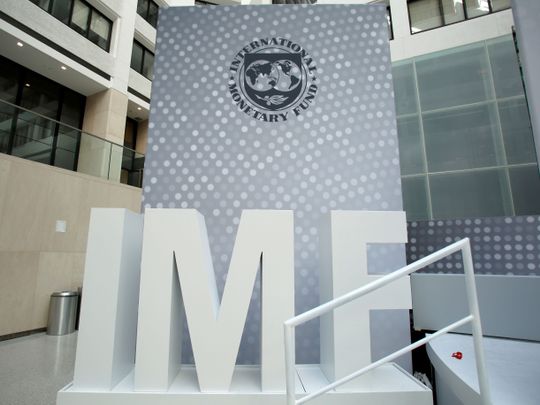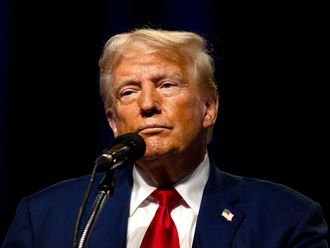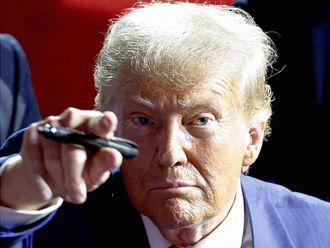
Islamabad: Pakistan’s financial woes seem to be easing after months of negotiations with global monetary institutions as the country is likely to get $4 billion from friendly countries by the end of the current month.
The announcement has come on the heels of an agreement reached with the International Monetary Fund (IMF) on July 14 about the release of $1.7 billion tranche by the global money lender.
The IMF, however, identified certain additional measures needed to be taken by the Shehbaz Sharif government and the country therefore seeks assistance from the friends to bridge the gaps pointed by the Fund.
$4 billion gap in foreign reserves
While addressing a news conference, Pakistan’s Finance Minister Miftah Ismail said as per the IMF, there is a gap of $4 billion in foreign reserves.
He maintained the gap of $4 billion assessed by the IMF for the ongoing financial year will be filled in July. “We are expecting a friendly country to provide a $ 1.2 billion oil facility on deferred payment,” said the finance minister.
“God willing, we shall fill this gap in the month of July,” he said, adding, a friendly country will invest between $1.5 billion to $2 billion in stocks on a G2G (government-to-government) basis, another will give gas on deferred payment and yet another friendly country will make some deposits.
Miftah said the government was expecting $3.5 billion from the Asian Development Bank (ADB), $2.5 billion from the World Bank and $400-500 million from the Asian Infrastructure Investment Bank (AIIB) in current fiscal year
Depleting reserves, a widening current account deficit and the Pakistan rupee’s depreciation against the US dollar have left the nation facing a balance-of-payments crisis, he said, adding, without the IMF deal, which should open up the door of external finance, the country could have headed towards default. However, he said the difficult phase is over and the country is now heading towards economic stability.
Tough decisions needed for financial discipline
The current government had to take tough and unpopular decisions to avert default, Ismail said, blaming the previous administration for all the economic woes faced by the country.
However, he stressed that adhering to strict fiscal and financial discipline was vital to put the economy on a fast track, have sustainable economic development and attain social prosperity.








